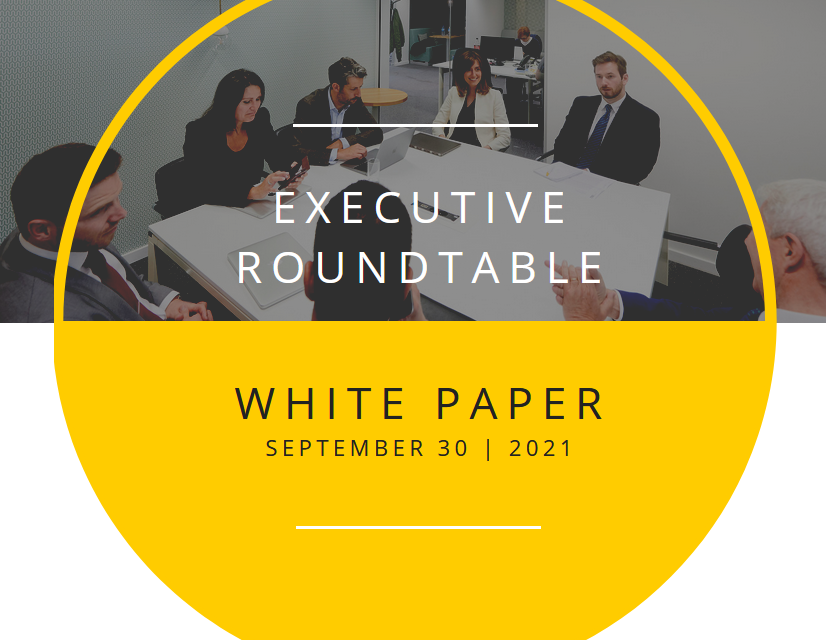The talent market in the EU Bubble is constantly changing. Organizations, employees, and candidates are still adapting to new priorities and ways of working as the post-pandemic revolution continues to change the nature and structure of their work. This also applies to career trajectories: opportunities in public affairs have in many ways increased as more virtual and hybrid engagement led to greater competition and dynamism in institutional representation, and old ways of working were suddenly under pressure to innovate.
While this has opened some doors, it has also raised the bar on what is needed and what can be expected. Much of our work as public affairs recruiters therefore revolves around identifying the underlying tensions between needs and wants, with the employer on the one hand and the (prospective) employee on the other.
Young talent, for example, is only seemingly in an advantageous position, unlike the wave of digital integration that saw digital “native” generations empowered beyond their years in the workforce. In reality, rising stars and early career professionals looking to grow professionally must navigate structural hurdles and organizational challenges that are often beyond their immediate purview, and implicit expectations that must be made explicit to be fully accounted for.
First and foremost, when it comes to candidates, one of the clearest messages we hear is: “What I am looking for is a position where I can make a difference.” Strong compensation packages and flexible working arrangements are not enough by themselves for the purpose-driven young professionals of the EU Bubble. The truth is that the expectations of employers have evolved, and employees want to see that the organization has a clear vision within the policy field they operate. In practice, employees expect organizations to communicate the “why” alongside the “what”: purpose in the context of day-to-day responsibilities, short-term/long-term goals, and how they can be the representative voice of the organization in this process. For example, we observe that there is a growing interest in joining consultancies focusing on digital/tech, sustainability, and healthcare policy areas because they have strategic agendas with a strong purpose of creating impact.
Young talents approach career decisions with an increasingly strategic, discerning eye. They want to know what they can learn and what the growth trajectory is in a specific organization, and how it sets them apart from peers or competitors. For instance, does the organization create opportunities to grow a network and does it invest in skills development? What is the trajectory for promotions? What structures are in place to gather feedback from the team or guidance if necessary? They expect clear, compelling answers on these “essentials” and are rarely willing to settle for less, with an increasing awareness that hiring is a two-way street.
For their part, EU organizations are keeping pace by reshaping their traditional way of approaching the hiring process. They are more tuned in to provide better hiring experiences to prospective candidates as they know the candidate experience is now at the center of the future of work. However, the increasing possibility of accessing different options within this highly competitive market can also mean a higher turnover. With high demand for skilled employees, greater mobility, and a more concrete sense of individual priorities, young talent is more prone to pursue new opportunities, a fact which creates a certain fear for organizations. They don’t feel comfortable investing their resources in candidates who are neither fixated on or dependent upon a long-term plan in the organization they apply to. That is the reason why loyalty and stability became increasingly prioritized from employers’ perspectives in the hiring process. They expect candidates to have a clear motivation to grow internally, not by jumping to other rungs of the ladder, and they feel more comfortable investing in prospective employees who can be expected to stay for long periods. Thus, they are altering their hiring strategies to create a better hiring experience that incentivizes candidates to show their hand on these key questions about the main retention factors. In this way, they try and avoid high turnover rates and secure longer employment experience.
Moreover, organizations prioritize young talent who show strong people management skills and high resilience in the early years of their careers. We observed that they expect junior PA professionals to attend high-profile events to represent the organization and handle a wider scale of external stakeholders than used to be appropriate for that level, or for more internally oriented roles. Especially after embracing the technological changes that followed COVID-19, Brussels-based PA professionals widened their scope and started working with external stakeholders who are not just based around the EU quarter, but across Europe. And as barriers to access become lower and the diversity of opinions voiced grows, the ability to navigate cross-cultural perspectives becomes increasingly valuable. That is the reason why such skills are coming second in their priority list in the hiring process, behind reliability. That said, however, even this feeds back into the question of how long will talent remain in the company: from a corporate culture perspective, employers increasingly ask questions to assess personality and skills with the aim of understanding whether the candidate’s authenticity and “fit” matches the working culture they have in the company, and the diverse cultures present, which they believe eventually results in decreased turn-over and increased performance.
Managing recruitment expectations is a collaborative effort. We believe that recognizing and addressing these expectations sets the foundation for long-term success and fulfillment in the process for both the organizations and the ambitious young talent of the EU Bubble. The key to building positive experiences on both sides is simply by communicating the expectations. Bridging these expectations through mutual understanding ensures higher retention and satisfaction which we believe will lead to a more resilient EU public affairs job market in Brussels.
– by Aybüke Beren Kiraz, Recruitment Assistant


